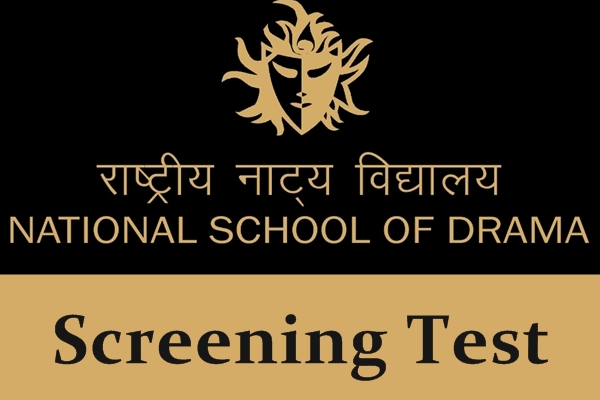



|
Tweet
Pin
It
|
NSD conducts a comprehensive three year training course in Dramatic Arts with specialization in direction, acting and stagecraft.The candidates are awarded Diploma in Dramatics upon successful completion of the programme. This Diploma from NSD is equivalent to any Post-Graduate Degree and it makes candidates eligible for appointment as teachers in colleges and universities and also for registration to PhD programmes. The Diploma in Dramatic Arts of NSD has been recognised by the Government of India for the purpose of recruitment to superior posts and services under the Central Government in such services where specialization in the field of Dramatics is required.
Eligibility
To gain candidature in NSD a candidate has to be:
1. Graduate in any subject from a recognised University.
2. He/she should be proficient in Hindi and English.
3. Should have participated in atleast 6 plays or in any other theatre
related activity. The application must be accompanied by copies of testimonials
and certificates.
4. Age- the candidates should be between 18-30 years of age. For candidates
belonging to the SC/ST categories, there is an age relaxation of five
years.
No. of Seats - A total of Twenty seats are available to students. Out of these 20 seats, 4 seats are reserved for SC/ST candidates. Preference is given to candidates coming from families traditionally associated with performing arts.
Foreign students are admitted to 1 or 2 seats in a session. Such students should submit their candidature through Indian Embassy/ High Commission to the Indian Council for Cultural Relations. Those candidates recommended by the ICCR are given consideration.
Course Details The academic session is spread over 3 years. The 1st year is made up of two semesters.
In the First Semester, students are trained in basic performance techniques, yoga, physical exercises and movements, Voice, speech and music, breathing exercises, voice control including humming, pitch and volume control of vocal cords. Improvisations, observation, concentration and acting techniques (both lingual and mime). Sketching, craft making, carpentry, theatrical drawings, designs, elementary knowledge of lighting, make-up, history of theatre architecture and conventions. Modern Indian and World Drama, Autobiographical writings (Indian and Non-Indian writings including short story, poetry, films etc), aesthetics of art, history of painting and looking at civilization through the medium of paintings.
In the Second Semester, students are given training in basic performance skills, text and speech analysis, scene work and rehearsals. It includes an inhouse students production as well. Adaptations, improvisations, observation, concentration and acting techniques (both lingual and mime). Basic technical skills in carpentry, mask-making, model making, historyof theatre architecture, concepts and methods of scenic design, costume design and fighting. Modern Indian drama(study of regional language theatre in India), world drama (Greek theatre), aesthetics of art, history of painting and looking at civilization through the medium of paintings.
In the Second Year students are given specialization in acting. This includes acting for Shakespearean text(performance on open stage, speak verse and prose), acting for farce including clowning routine, mask work and commedia del'arte (comedy in art), scene work (on Shakespearean play), speech, movement and music. Students have to study history of Indian theatre and non-Indian theatre with additional inputs on Indian folk texts and their adaptations. Production involves a performance of the play by students which will be open to the public.
In the Third Year students are given advance training in acting or theatre techniques and design through a series of workshops conducted by eminent theatre practitioners. It includes advance work with mask-making and gag-routines, puppetry, computer application in theatre design, realistic acting (including detail work with props), advance lighting techniques, scenic design etc. It also includes Film Appreciation courses.
The workshops done during the academic year culminates in student production which is open to theatre loving audience by way of tickets.
Working Hours
Normal class time is from 8:00am to 6:00pm with tea and lunch breaks.
However, rehearsals and practical work takes place in evening and students
may be required to stay late and also attend practical classes on holidays
according to the necessity of the situation.
The academic year is divided into two terms. The first session is from July to December and followed by a month long winter break. The second session is from January to May and followed by summer vacations. However, the school may make modifications in case of special circumstances.
Find it Useful ? Help Others by Sharing Online
Comments and Discussions |
Related
Entrance Exams
|
|||
|
|